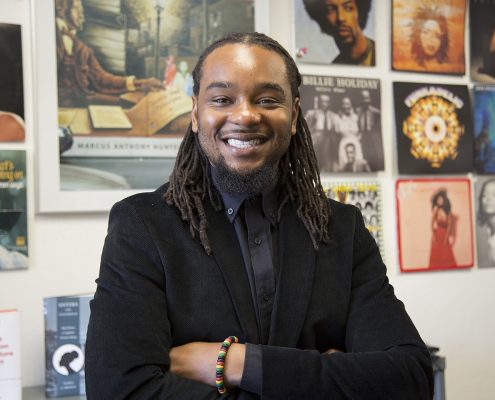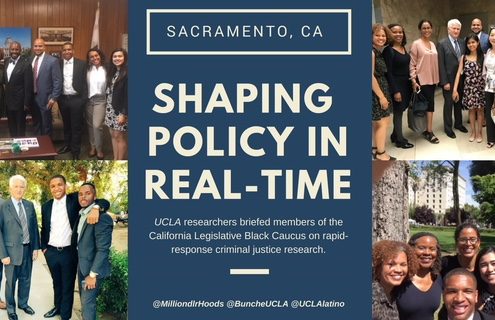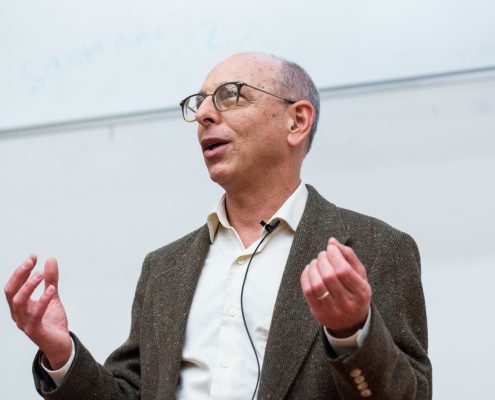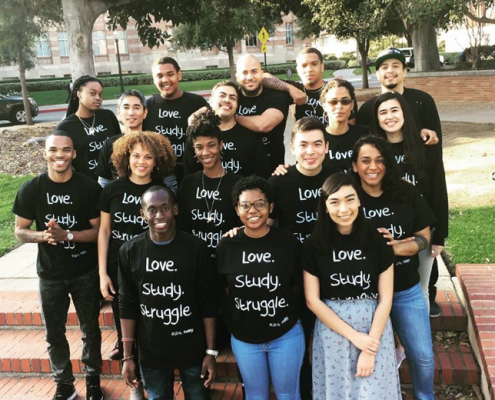
Chronicling the Transformation of Black LA
By Marcus Anthony Hunter Scott Waugh Endowed Chair in…

Social Sciences Alumni to be Honored by the UCLA Alumni Association
The UCLA Alumni Association will be honoring several distinguished…

Million Dollar Hoods Goes to Sacramento
May 4, 2018 Last week, Dr. Kelly Lytle Hernandez, professor…

Eavesdropping on Human Personality Variation: An Evolutionary Perspective
By Joseph H. Manson Professor of Anthropology Among our…

Mapping LA’s Million Dollar Hoods
By Kelly Lytle Hernandez Professor of History and African-American…

